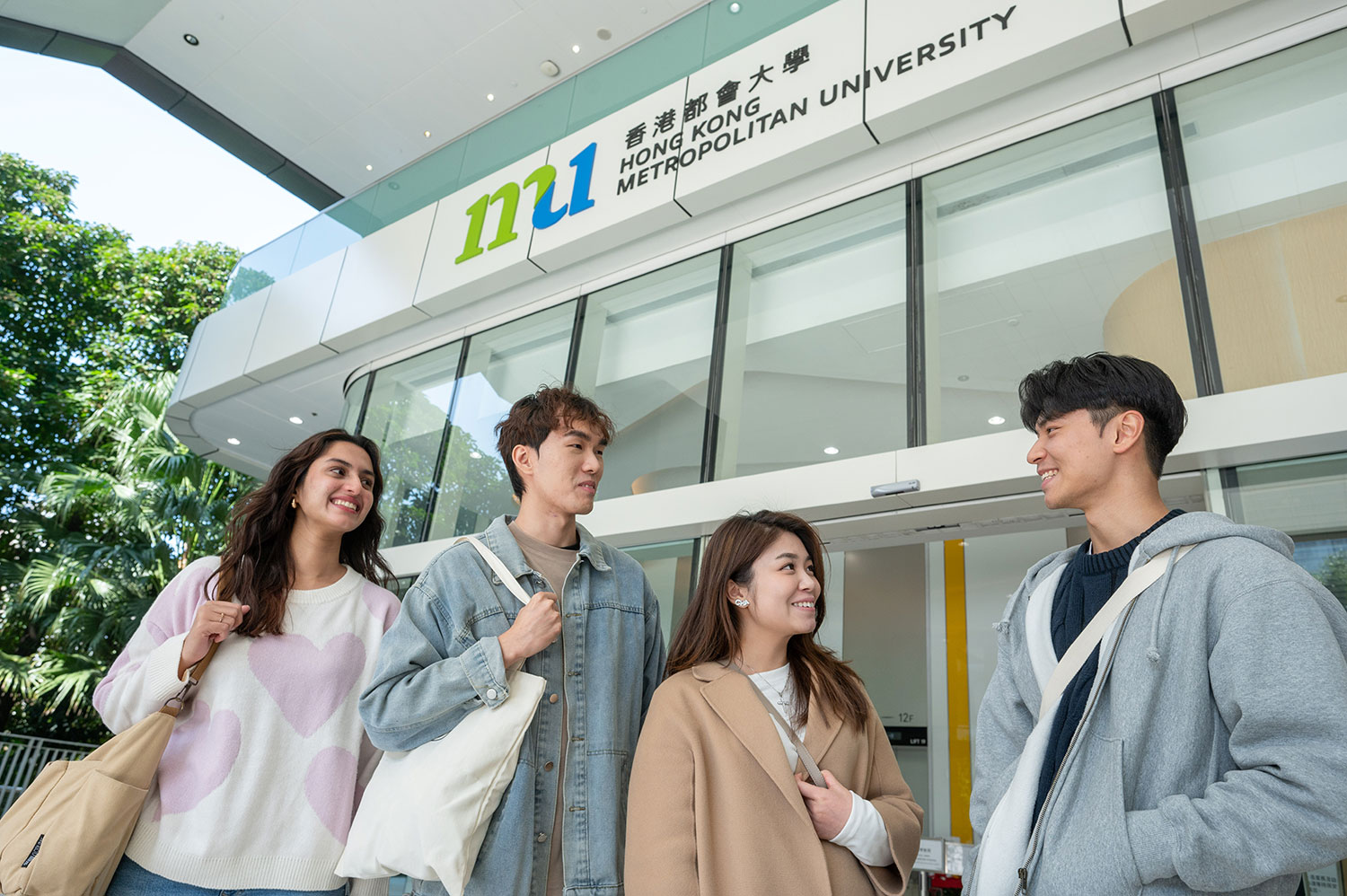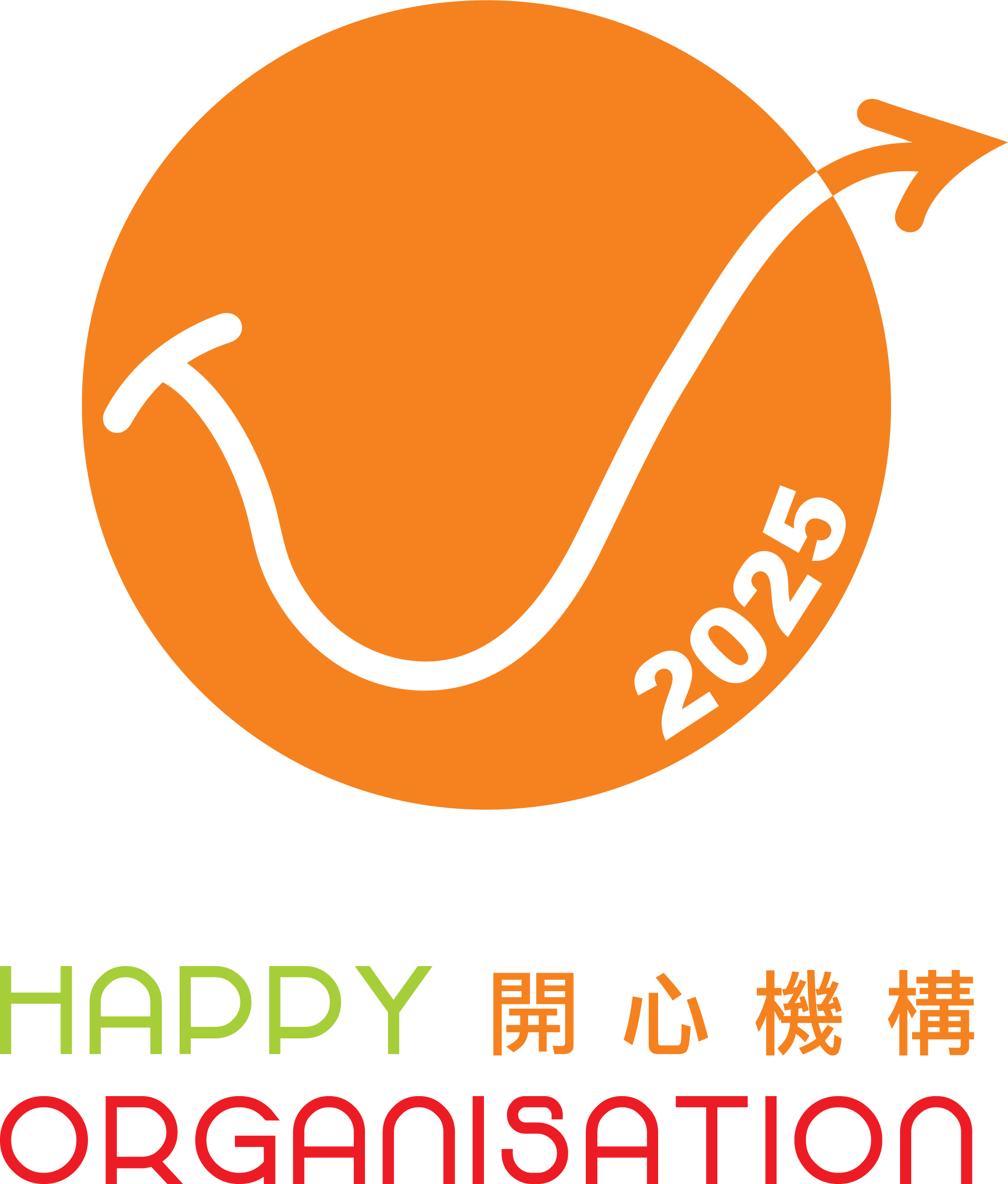Cantonese opera boasts a long history and a profound cultural heritage, making it a treasure of Chinese culture and art. To promote and preserve this rich cultural heritage, the Hong Kong Metropolitan University (HKMU) “Ina Ho Cantonese Opera Research Centre” (the Centre) and the University Library announced the launch of an online “Cantonese Opera Repository” and the release of the first batch of English translations of classic Cantonese opera scripts, making them accessible to researchers and Cantonese opera enthusiasts worldwide.
On the first anniversary of the opening of “Ina Ho Cantonese Opera Research Centre”, the Centre hosted a launch event for the “Cantonese Opera Repository” (the Repository) today (21 March) under the theme “Translation as a Global Preservation”. The event was officiated by Prof. Paul Lam Kwan-sing, HKMU President; Prof. Eva Man Kit-wah, Acting Dean of the School of Arts and Social Sciences; Mr Owen Tam Man-lik, University Librarian; Dr Kelly Chan Kar-yue, Director of the Centre; Mr Leonard Wong Shing-chuen, Chief Executive Officer of the Hong Kong Cantonese Opera Troupe and Honorary Advisor of the Centre; and Ms Nam Fung, a renowned Cantonese Opera performer and Honorary Advisor of the Centre.
In her remarks, Prof. Man emphasised the significance of the Repository, stating, “The Repository fulfils the mission of 'Ina Ho Cantonese Opera Research Centre', promoting Cantonese Opera overseas through English translation. It also strengthens HKMU's strengths in digital preservation by transforming traditional arts scripts into digital formats accessible to researchers and the public, thereby achieving the goal of 'Translation as Global Preservation'.”
Mr Owen Tam Man-lik, University Librarian, said that the University Library has been actively promoting its digital archives and developing open access resources. He believes that digitisation and network technology can help overcome geographical barriers, allowing cultural resources to be shared more widely and conveniently to people around the globe. “We hope that the Repository will continue to expand, attracting more young people and individuals from overseas to appreciate and study the cultural heritage of Cantonese Opera,” he said.
Dr Kelly Chan Kar-yue, Director of the Centre, who is also the Associate Dean (Teaching and Learning) of the School of Arts and Social Sciences and Associate Professor, introduced the first batch of English translations of classic Cantonese opera scripts. She highlighted that the translators included cultural notes to help English readers understand the context and specific terms in the scripts, enabling a deeper appreciation of the plays and traditional Chinese culture. At the event, Ms Sheryl Zhang and Mr Matthew Wong, translators on the Centre's Cantonese Opera translation team, shared their experience and challenges during the translation process.
The first batch of translations features six excerpts from Forty Years of Cherished Love, now available online. Additionally, three libretti and six excerpts have been preliminarily translated. These include three classic libretti: Fourteen Years of Love-Hate Entanglements Ended in Buddha's Palace, The Reunion by a White Hare and The Immortal of River Luo. The collection also features three excerpts from the classic Chinese literary masterpiece The Dream of the Red Chamber, namely “Vision of the Realm of Parted Souls”, “Love Burns, Petals Fade”, and “Burial of Fallen Flowers”, and three other excerpts – “The Return of Lady Wenji”, “Meeting in Dreams at River Luo” and “Eighteen Movements on a Nomadic Reed Flute”. These works are currently undergoing editing and proofreading and will be added to the Repository soon.
Through the translation of Cantonese opera scripts and the establishment of the Repository, HKMU aims to preserve and promote the rich cultural heritage of Cantonese opera to a global audience.
HKMU Cantonese Opera Repository:
https://repository.lib.hkmu.edu.hk/copera/
(Among the six excerpts from Forty Years of Cherished Love now available online and fully accessible to HKMU faculty, staff, and students, the first two excerpts are open to the public. For the remaining four excerpts, the public can request access from the Ina Ho Cantonese Opera Research Centre at ihcorc@hkmu.edu.hk / https://www.hkmu.edu.hk/as/research/ihcorc)























